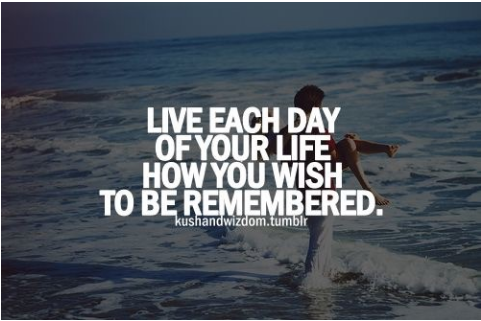Today, I am sharing an amazing article originally posted at http://paulsohn.org/5-ways-to-pick-a-high-quality-teacher-or-coach/. Enjoy!
The research confirms what we all know either anecdotally or intuitively – that great teachers/mentors/coaches make a real difference in our lives.
The hardest part is finding great teachers, mentors, and coaches to guide you in your personal growth.
Here’s some excellent advice from expert Daniel Coyle on how to find high quality teachers, mentors, and coaches.
1) Avoid Someone Who Reminds You of a Courteous Waiter
This species of teacher/coach/mentor is increasingly abundant in our world: one who focuses his efforts on keeping you comfortable and happy, on making things go smoothly, with a minimum of effort. This is the kind of person who covers a lot of material in a short time, smiles a lot, and says things like, “Don’t worry, no problem, we can take care of that later.” This is a good person to have as your waiter in a restaurant , but a terrible person to have as your teacher, coach, or mentor.
2) Seek Someone Who Scares You a Little
In contrast to encounters with courteous waiters, encounters with great teachers/coaches/mentors tend to be filled with unfamiliar emotion: feelings of respect, admiration, and, often, a shiver of fear. This is a good sign. Look for someone who:
- Watches you closely: He is interested in figuring you out – what you want, where you’re coming from, what motivates you
- Is action-oriented: She often won’t want to spend a lot of time chatting – instead, she’ll want to jump into a few activities immediately, so she can get a feel for you and vice versa
- Is honest, sometimes unnervingly so: He will tell you the truth about your performance in clear language. This stings at first. But you’ll come to see that it’s not personal – it’s the information you can use to get better.
You’re not looking for a buddy or a parent figure. You’re looking for someone solid, someone you trust, someone with whom you take a journey.
3) Seek Someone Who Gives Short, Clear Directions
Most great teachers/ coaches/ mentors do not give long-winded speeches. They do not give sermons or long lectures. Instead, they give short, unmistakably clear directions; they guide you to a target.
4) Seek Someone Who Loves Teaching Fundamentals
Great teachers will often spend entire practice sessions on one seemingly small fundamental; for example, the way you grip a golf club, or the way you pluck a single note on a guitar. This might seem strange, but it reflects their understanding of a vital reality: These fundamentals are the core of your skills. The more advanced you are, the more crucial they become.
5) Other Things Being Equal, Pick the Older Person
Teaching is like any other talent: It takes time to grow. This is why so many hotbeds are led by people in their sixties and seventies. Great teachers are first and foremost learners, who improve their skills with each passing year. That’s not to say there aren’t any good teachers under thirty – there are. Nor is it to say that every coach with gray hair is a genius – they’re not. But other things being equal, go with someone older.



